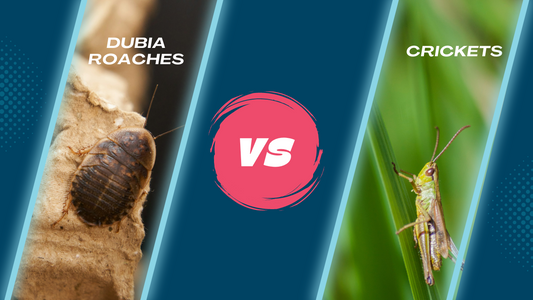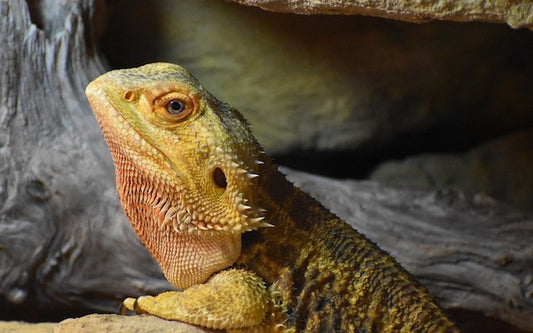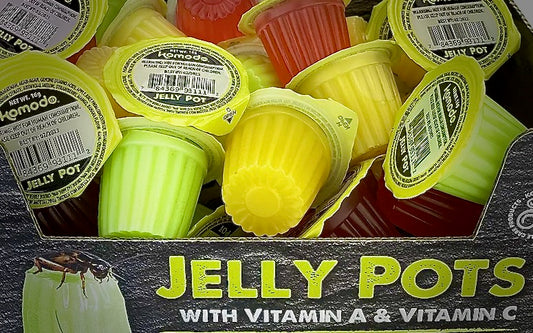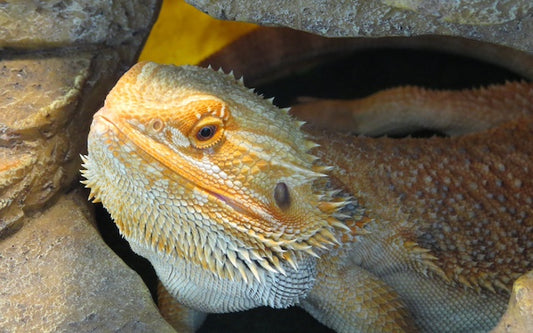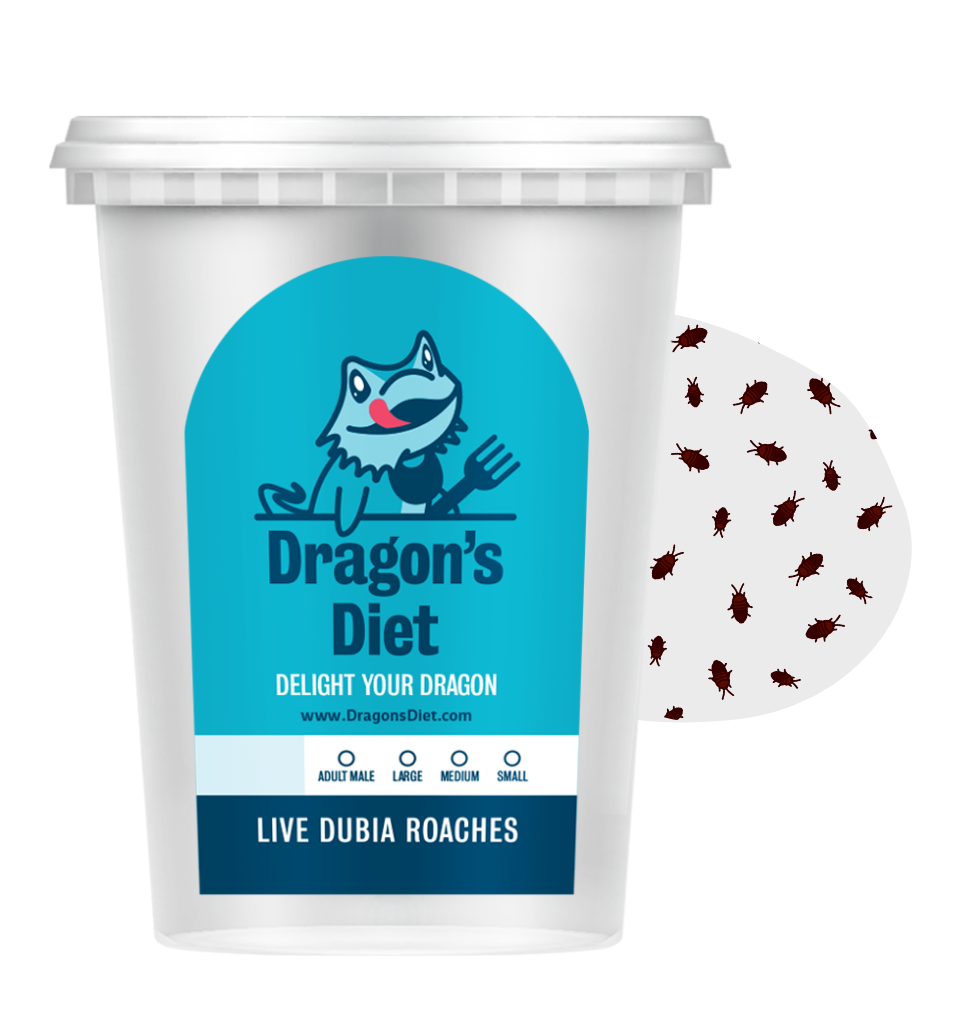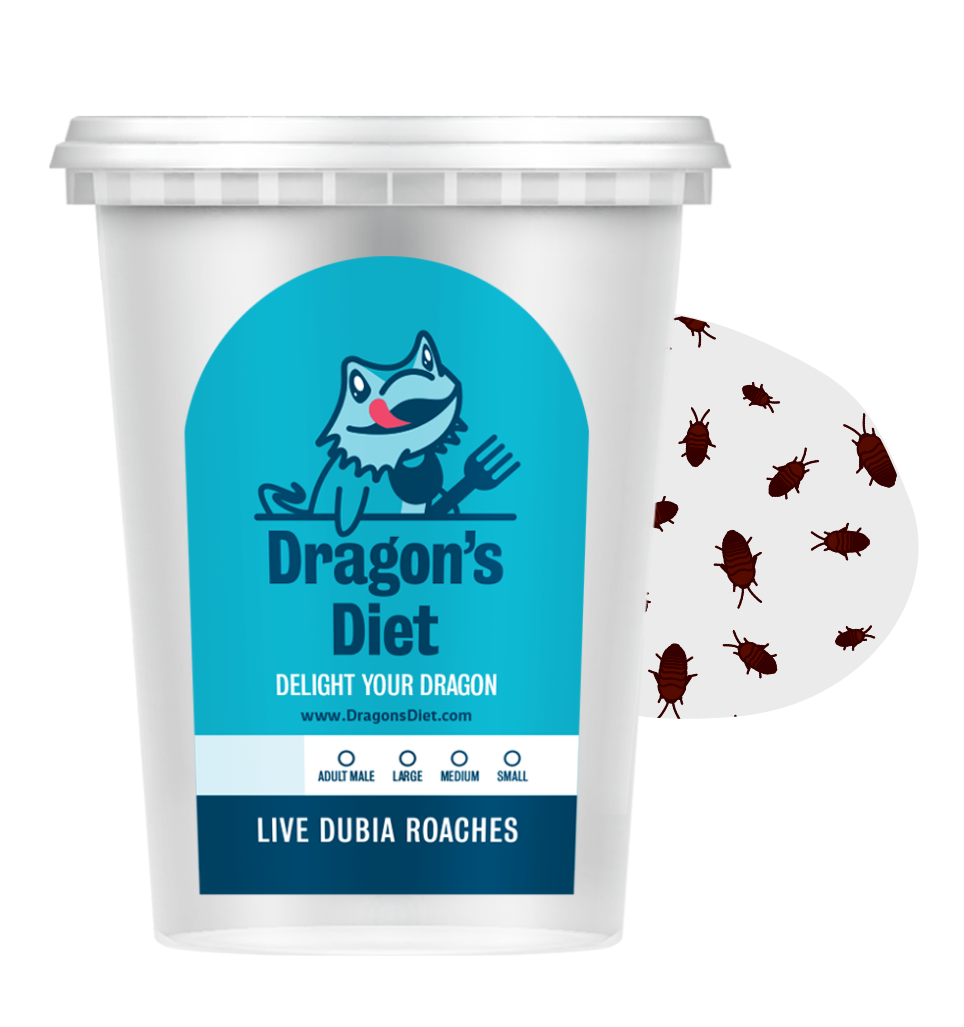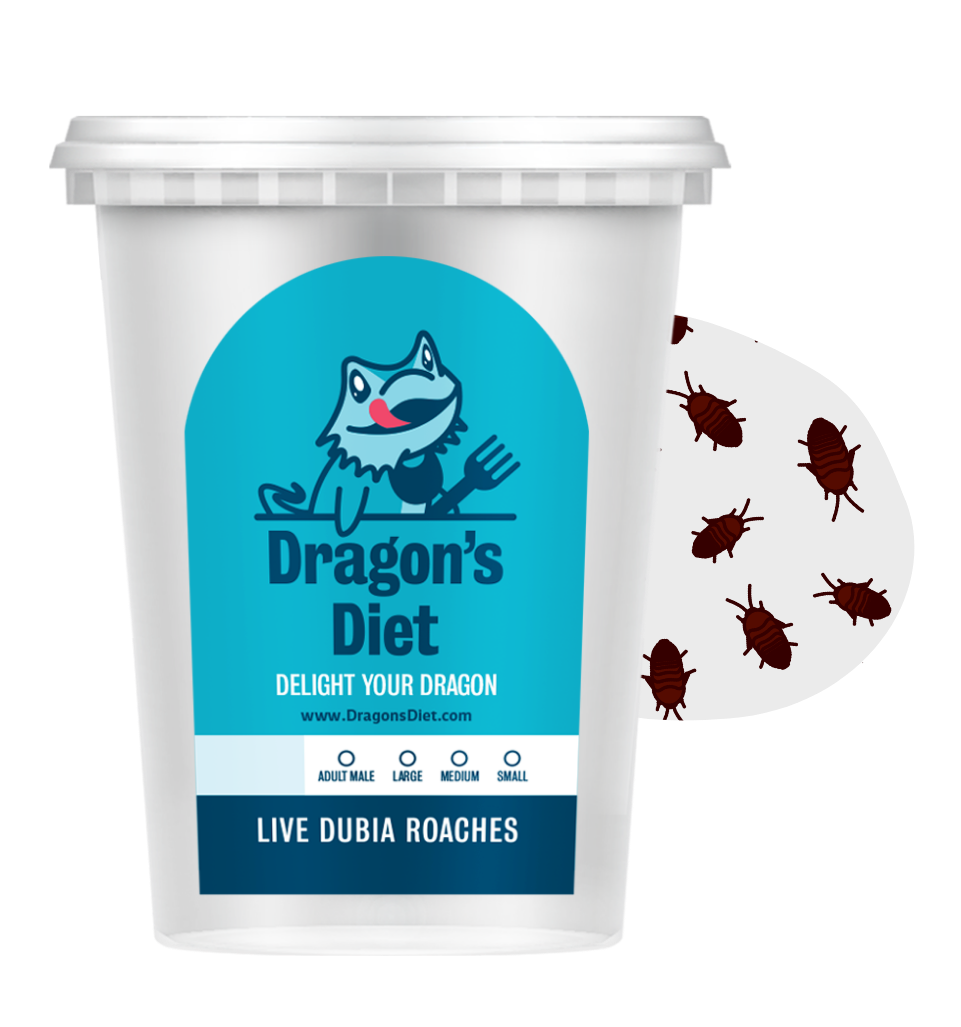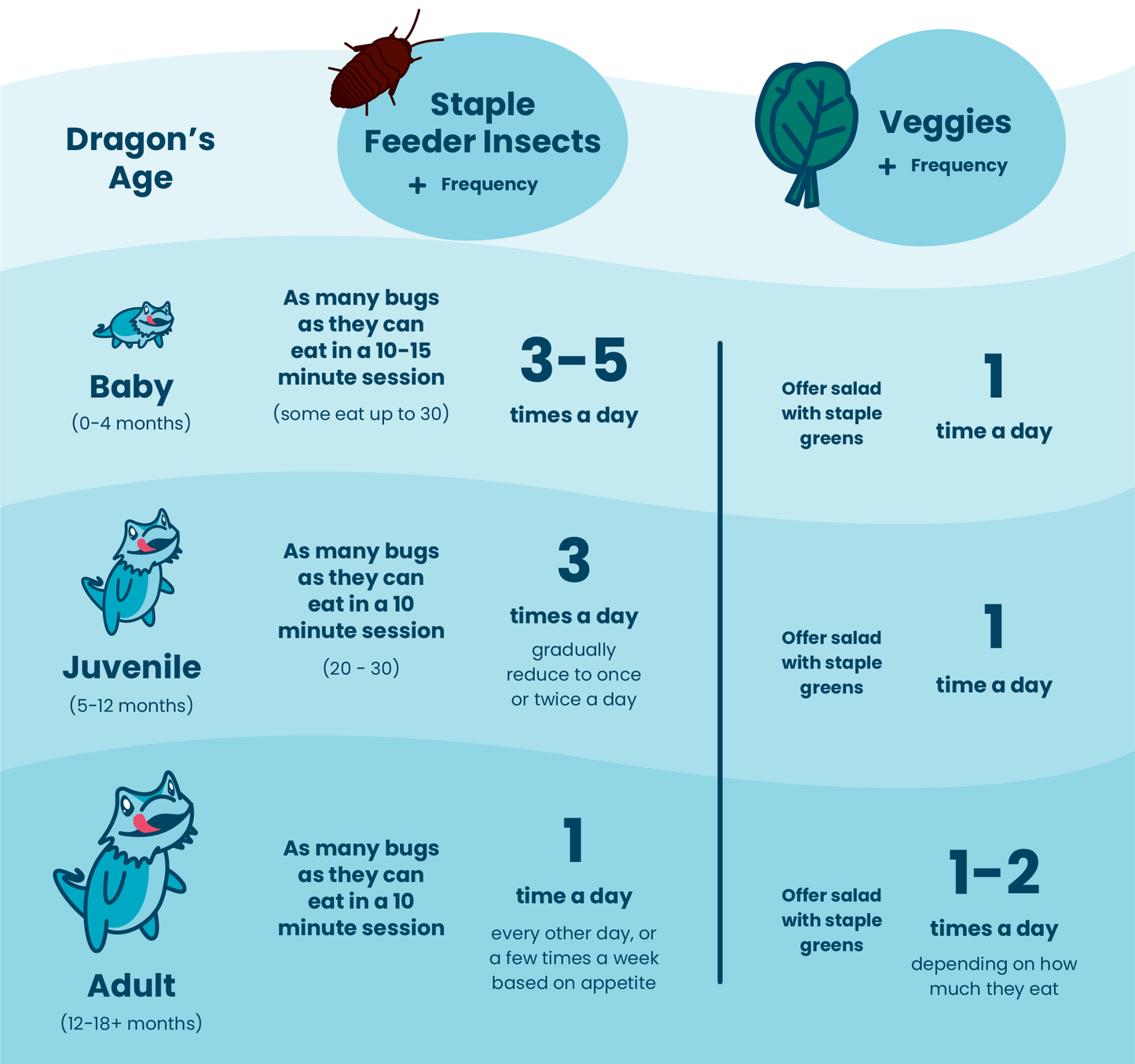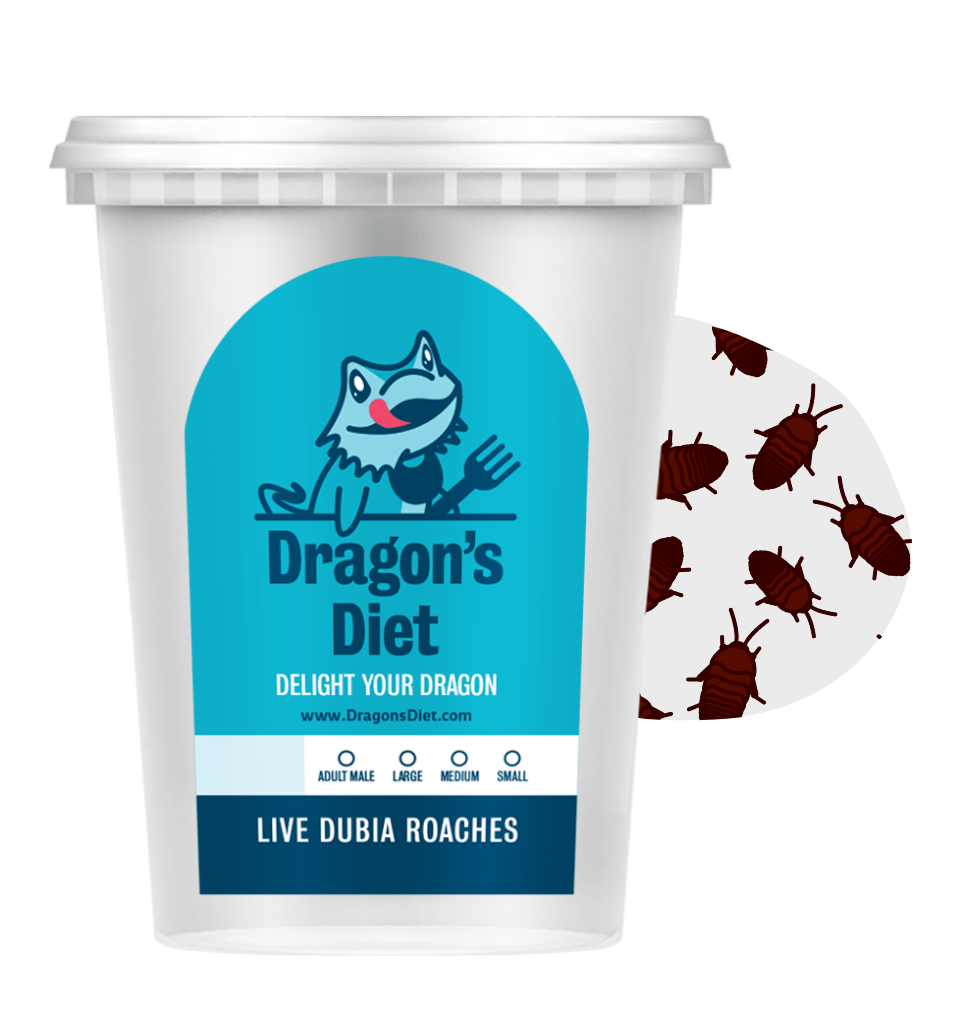Yes! As insectivores, leopard geckos can – and do – eat beetles. In the wild, they eat almost any insect they come across, including some beetles. Surprisingly, however, there are a number of beetles that leopard geckos will refuse to eat for various reasons.
If you’ve been looking to spice up your leopard gecko’s diet by introducing a little more variety, this article will walk you through some common beetles that may – or may not – be a great option for your leo.
Can Leopard Geckos Eat Mealworm Beetles?
Yes, leopard geckos can eat mealworm beetles.
Mealworms are a popular staple food among leopard gecko keepers. They are nutritious, easy to gut-load, and loved by leos.
As with crickets and Dubia roaches, most leopard gecko keepers have their own colony of mealworms to feed their leo. But what if some of your mealworms pupate into beetles? Can you feed mealworm beetles to your leopard gecko?
The mealworm beetle is a type of darkling beetle, and it is perfectly safe to feed to your juvenile or adult leopard gecko. When doing so, keep these two tips in mind:
-
The beetles you choose to feed your juvenile leopard gecko should be no larger than the space between its eyes. For adults, the beetles you choose can be the size of its head.
- Remove all remaining beetles after your leo has finished feeding.
Can Leopard Geckos Eat Darkling Beetles?
Yes, leopard geckos can eat darkling beetles.
Superworms are another popular feeder for leopard geckos. Although high in fat and lacking a balanced calcium-to-phosphorus ratio, superworms can be an excellent occasional treat for your leo.
But did you know that the pupated form of the superworm – most commonly referred to as darkling beetles – is actually healthier for your leopard gecko than the superworm itself?
Darkling beetles are much lower in fat and higher in protein than their superworm larvae. However, they come with a slight risk. As with all beetles, darkling beetles have a thicker chitin that may potentially cause impaction in your leopard gecko. It’s best to limit the number of darkling beetles you feed to your leo.
Also, be sure not to leave live darkling beetles in with your leopard gecko. Darkling beetles have pincers that they may use to defend themselves and that can potentially injure your leo.
Pro Tip: Recently pupated darkling beetles are the best option to feed your leopard gecko as their chitin is softer.
Can Leopard Geckos Eat Stink Bugs?
Stink bugs are not a great option for leopard geckos.
Stink bugs are a common pest. You’ve likely had them in your house on occasion. Maybe you caught one and now you’re wondering if you can feed it to your leopard gecko. Apart from the fact that it’s never a good idea to feed “wild” insects to your leopard gecko, chances are your leo would refuse to eat a stink bug if offered.
The stink bugs’ odor is a huge deterrent to would-be predators. In fact, their odor is such that stink bugs don’t really have any natural predators. At most, your leopard gecko may eat a single stink bug, but after getting a taste of that foul-smelling insect, most leopard geckos will refuse to eat it again.

Can Leopard Geckos Eat Pill Bugs?
Yes, leopard geckos can eat pill bugs. You can offer your leopard gecko pill bugs every six or seven meals as a treat.
Although not technically a beetle, isopods like pill bugs, sow bugs, and potato bugs can be a great addition to your leopard gecko’s diet. Not only are they easily attainable from your local pet store – not to mention you can easily establish your own colony – they can also serve as a fantastic cleanup crew for your leopard gecko’s enclosure.
Some of the benefits of pill bugs include:
- Good source of calcium
- Easy to gut-load
- Great bioactive cleaners if you leave them in your leo’s enclosure
Despite their benefits, pill bugs and other isopods may pose a slight risk of impaction due to their chitin. However, this is only a risk when you excessively feed your leopard gecko pill bugs. Because of this, many exotic pet veterinarians recommend offering leopard geckos pill bugs only as an occasional treat.
In addition to their health benefits, pill bugs, sow bugs, and potato bugs make a great cleanup crew for your leo’s habitat. If you decide to offer your leo pill bugs, you can either occasionally add them to your leo’s food bowl, or you can just introduce them into your leo’s tank. The pill bugs will do a great job cleaning, and your leo can eat them when it feels like it.
Pro Tip: Although high in calcium, pill bugs should still be dusted with your preferred Calcium/Vitamin D3 supplement before feeding to your leopard gecko.
Can Leopard Geckos Eat June Bugs?
Leopard geckos should not eat June bugs.
June bugs – sometimes also referred to as “May Beetles” – are actually a genus of nearly 300 species of scarab beetle. They are heavy bodied, with a thick chitin, and can grow to nearly one inch in length.
June bugs are a common garden pest. The larvae – known as the “white grub” – can grow up to an inch long and feed on plant roots. These white grubs can destroy entire crops of corn, grains, potatoes, and other root vegetables. They can also destroy lawns and pastures by eating away the roots of grasses.
Adult June bugs emerge in early Spring. Like their larvae, they can be quite destructive. June bugs feed on plant foliage and flowers, and can decimate whatever garden plants they happen to come across.
Perhaps you’ve caught a few June bugs and you’re wondering whether or not to feed them to your leopard gecko. Before you do so, please consider that June bug chitin is quite thick, and thus poses a serious risk of impaction since it will be harder for your leo to digest.
Also, it’s never recommended that you feed your leopard gecko “wild” insects. And since June bugs are such a destructive pest, most leopard gecko keepers don’t feel inclined to establish their own colony.
Pro Tip: When selecting beetles to feed your leopard gecko, size is important. Do not offer beetles to baby leos. A juvenile leo can be offered beetles that are no larger than the space between its eyes. Adult leopard geckos can eat beetles the size of their heads. Most leopard gecko keepers err on the side of caution and offer adult leos the same size beetles they’d offer a juvenile.
Can Leopard Geckos Eat Ladybugs?
Not only can leopard geckos not eat ladybugs, but they likely won’t even try.
Ladybugs are toxic to leopard geckos and other lizards. In addition to their toxicity, they also produce a cocktail of foul-smelling chemicals that leopard geckos and other lizards find extremely offensive. For this reason, not only will they avoid eating them, but they’ll even avoid interacting with them.

Interestingly, leopard geckos and ladybugs have similar environmental needs, and can be kept in the same enclosure. If you decide to keep ladybugs in with your leopard geckos, you can rest assured that they’ll leave each other alone and pretty much keep to themselves.
Can Leopard Geckos Eat Boxelder Bugs/Beetles?
Leopard geckos should not eat boxelder bugs / beetles.
Although sometimes wrongly referred to as the “boxelder beetle,” boxelder bugs are a common – and invasive – North American insect. They grow to be about ½” long, and have a distinct black coloring with red wing veins and abdomen markings. Although these bugs are not particularly damaging to plants, many people consider boxelder bugs pests because they congregate together to seek out a warm place to winter. Large groups of boxelder bugs may gather in your car engine, on the side of your house, or even inside your house if they find an entry point.
As common as they are, and as nice as the thought of gathering them up to use as food for your leopard gecko might sound, boxelder bugs are toxic to many reptiles, including bearded dragons. For this reason, it’s safest not to feed these insects to your leopard gecko.
In addition to their toxicity, boxelder bugs also emit a foul odor, like ladybugs and stink bugs, that leopard geckos find repulsive. So even if you were to offer one to your leo, there’s a strong chance that it would refuse to eat it.
A Word of Warning About Feeding Your Leopard Gecko Beetles
Although the idea of catching garden pests and “wild” insects as a free food source for your leopard gecko may sound appealing at first, deeper consideration removes any appeal it may have.
The truth is, when it comes to wild insects, you have no idea where those bugs have been or what they’ve been eating. They may be carrying…
- parasites
- diseases
- pesticides
- chemicals
… all of which could all be harmful or even fatal to your leo.
Additionally, since you don’t know what sort of plants these wild insects have been eating, it’s difficult to determine their nutritional value for your leo. So, although your leopard gecko could technically eat wild insects, most leopard gecko keepers prefer not to risk using wild-caught beetles and other insects as feeders.
Instead of wild-caught insects, your safest and most nutritious food source for your leo is a variety of high-quality, gut-loaded feeders like Dragon’s Diet’s Dubia roaches. Our Dubia roaches are humanely raised and fed a well-balanced diet of highly nutritious foods like barley, alfalfa meal, beet pulp, crushed apple, and more, making them the perfect feeder for your leo.


